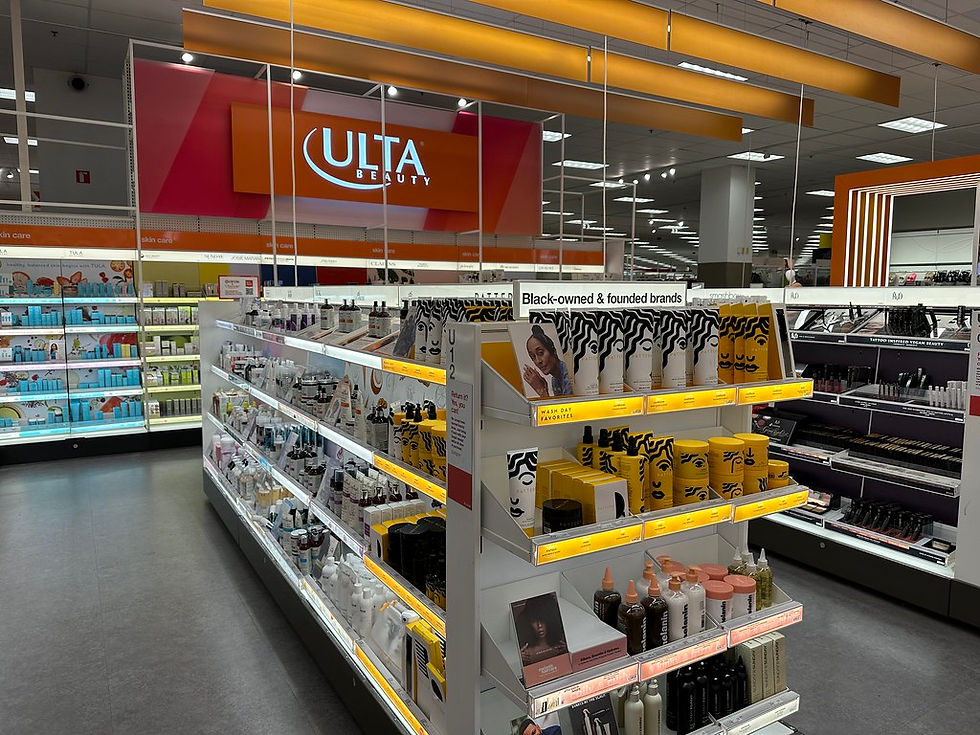Artificial Intelligence (AI) has become a game-changer in the retail industry, enabling retailers to offer personalized shopping experiences that cater to individual customer preferences.
The Role of AI in Retail
AI technologies analyze vast amounts of data to identify patterns and predict customer behavior. This capability allows retailers to:
Personalize Recommendations: AI algorithms suggest products based on a customer's browsing history, purchase behavior, and preferences.
Optimize Inventory Management: Predictive analytics help retailers stock products that are in demand, reducing overstock and stockouts.
Enhance Customer Service: AI-powered chatbots provide instant responses to customer inquiries, improving satisfaction and engagement.
Case Study: Ulta Beauty's AI Integration
Ulta Beauty, a leading cosmetics retailer, has been leveraging AI since 2018 to enhance data and marketing strategies. By analyzing customer data, Ulta offers personalized product recommendations and promotions, leading to increased sales and customer loyalty. Additionally, AI helps maintain the relevance of physical stores amidst closures by tailoring in-store experiences to local customer preferences.
Financial Benefits and Considerations
Integrating AI can lead to significant financial benefits:
Increased Sales: Personalized recommendations encourage additional purchases.
Cost Savings: Efficient inventory management reduces holding costs and minimizes losses from unsold stock.
Improved Marketing ROI: Targeted marketing campaigns result in higher conversion rates and better use of marketing budgets.
However, retailers must also consider:
Data Privacy: Ensuring compliance with data protection regulations and maintaining customer trust.
Implementation Costs: Investing in AI technologies requires upfront capital and ongoing maintenance.









Comments